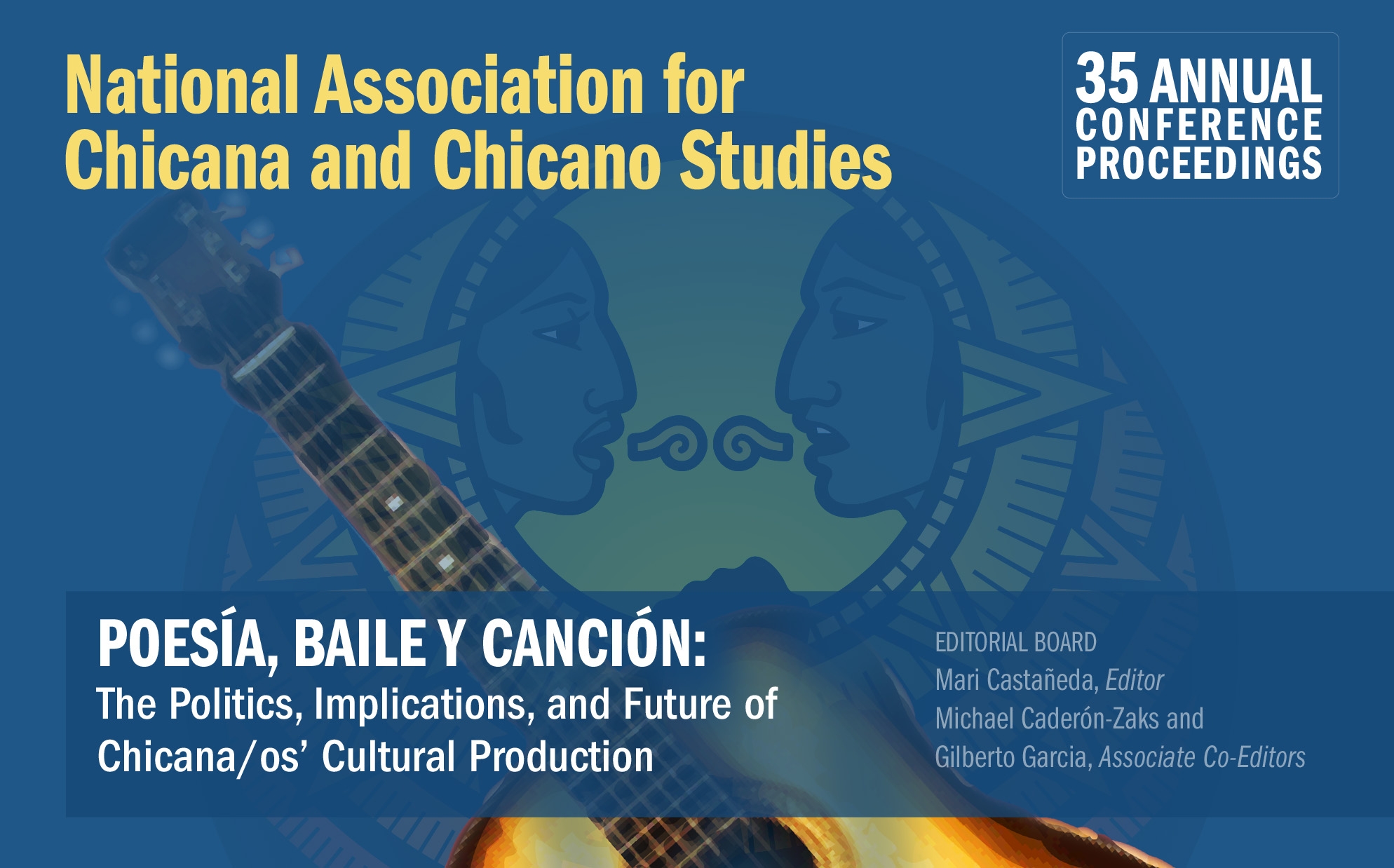Location
2008 NACCS Conference Presentation
Abstract:
The 1890s in New Mexico were a time of considerable political, cultural, and social upheaval as the question of statehood – which would remain unresolved until 1912 – roiled the population. In 1892 Eusebio Chacón’s two novellas, El Hijo de la Tempestad and Tras la Tormenta la Calma, appeared in “El Boletín Popular,” one of Northern New Mexico’s largest Spanish-language newspapers. “El Boletín Popular’s” positive stance towards statehood offers a political lens through which we might read Chacón’s fiction as a proactive instantiation of nuevomexicano cultural tradition. In his introductions to the novellas Chacón denies any Anglo literary influence, suggesting not only the presence of external social and political forces pressing upon the creation of his literature, but, most importantly, highlighting his desire to transcend literatura recreativa (literature as entertainment). His two novellas manifest a cultural politics from which the issue of New Mexican statehood becomes challenged and contested.
Eusebio Chacón’s Statist Narratives of Nuevo México
2008 NACCS Conference Presentation
Abstract:
The 1890s in New Mexico were a time of considerable political, cultural, and social upheaval as the question of statehood – which would remain unresolved until 1912 – roiled the population. In 1892 Eusebio Chacón’s two novellas, El Hijo de la Tempestad and Tras la Tormenta la Calma, appeared in “El Boletín Popular,” one of Northern New Mexico’s largest Spanish-language newspapers. “El Boletín Popular’s” positive stance towards statehood offers a political lens through which we might read Chacón’s fiction as a proactive instantiation of nuevomexicano cultural tradition. In his introductions to the novellas Chacón denies any Anglo literary influence, suggesting not only the presence of external social and political forces pressing upon the creation of his literature, but, most importantly, highlighting his desire to transcend literatura recreativa (literature as entertainment). His two novellas manifest a cultural politics from which the issue of New Mexican statehood becomes challenged and contested.

